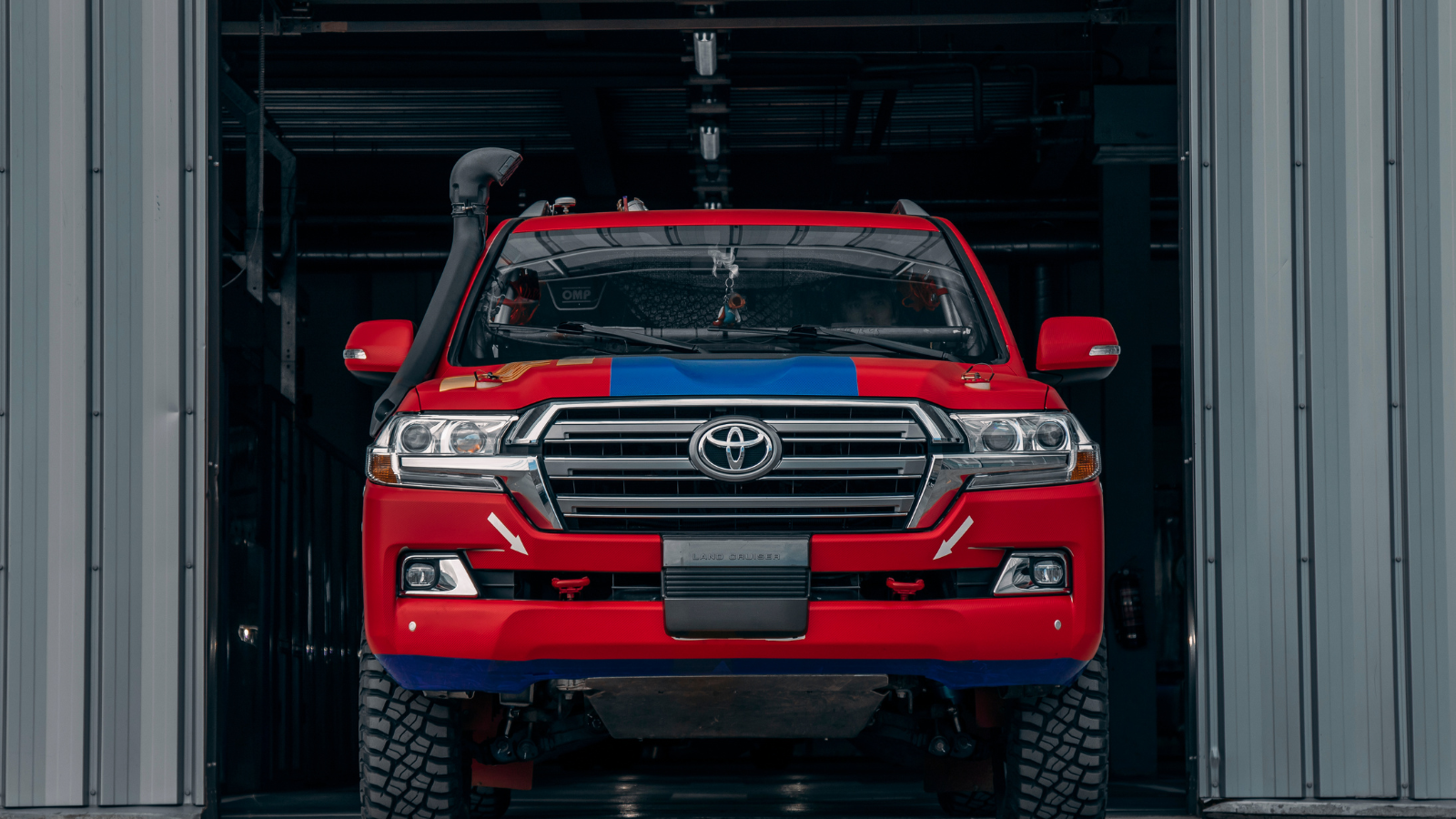Debunking Claims of Autonomous Vehicle Companies
🚗 Debunking Claims of Autonomous Vehicle Companies.
The United States is experiencing a concerning rise in traffic fatalities while other countries are seeing a decline. Autonomous vehicle (AV) companies claim that their technology is the solution to improving road safety, but this perspective is misleading. While AVs may eliminate certain human errors, they can make their own mistakes, and their widespread implementation is still far in the future. Instead, immediate actions such as redesigning roads, reducing speed limits, implementing automatic enforcement cameras, and investing in public transportation can have a significant impact on reducing crash deaths. The emphasis on AVs as the ultimate solution serves the interests of the auto industry and distracts from more effective strategies.
Apple has decided to pump the brakes on its electric car project, a move that could positively impact its stock performance, according to a report by Morgan Stanley.
The recent woes faced by America's leading automakers - Ford, General Motors, and Stellantis - have gone largely unnoticed amidst their impressive profits.
Automotive supplier BorgWarner anticipates a relatively modest impact from the United Auto Workers (UAW) strikes at present.
The United Auto Workers (UAW) union has been using CEO pay increases as a central argument in their negotiations with Detroit's three major automakers.
Meant to be spread out over five years, the plan to invest nearly $200 billion in the electrification transition comes on the heels of a 13% increase in operating profit year-over-year.
In January, GM CEO Mary Barra told analysts that the company wasn’t planning for any layoffs. Seems that things have quickly changed!
These results are somewhat surprising, considering many of those same individuals are interested in the technology that powers those systems.
Regulators have been”slow to act” in response of publically documented and criticized defects with Tesla’s Full Self-Driving (FSD) beta software.
Semiconductors are used in a wide variety of electronic components in modern vehicles, including engine control units, infotainment systems, and safety features such as airbags and anti-lock brakes.
According to Consumer Reports Top 10 Picks for cars, these automakers are at the top of the list for consumers.
EV supply chains are complex, with many components sourced from a range of suppliers around the world.
Long-awaited shipments of the F-150 Lightning have been halted abruptly as a potential problem with the vehicle’s battery pack has been identified.
The U.S. government has adjusted rules for EV tax credits, allowing for versions of the small SUVs to be eligible.
General Motors executives are stating that the company will be unable significantly increase its EV production until its US battery cell production plants are finished construction.
General Motors is investing a whopping $650M into Canada-based Lithium Americas and creating a partnership to develop the Thacker Pass mine in Nevada.
Toyota has been slow to develop and bring electric vehicles to market, compared to other major automakers.
Virginia Governor Glenn Youngkin is speaking out after withdrawing his state from consideration for the highly-anticipated electric-vehicle battery plant as a joint venture between Ford Motor Co. and Contemporary Amperex Technology Co. Ltd. (CATL).
Why throw blueprints away, right? Chief Executive Akio Toyoda spoke of the company’s accelerated plan to meet sustainable vehicle goals by replacing the innards of vehicles already being manufactured in their factories.
With fifty judges from the United States and Canada’s auto journalism sector, the finalists were chosen due to innovation, design, safety, handling, driver satisfaction, user experience, and value.
With massive investments in electric vehicle manufacturing, china is leading the globe in its race to electrify the streets.
BYD, a Chinese electric vehicle manufacturer, has ordered several car carriers to transport their products across the oceans on their own equipment.
While both automakers had double-digit increases in Q4 American sales, GM’s grew by 3% and rounded out at a solid 2.3 million units sold.
Approximately $33 billion was pledged for new factory development in the automotive sector in the first eleven months of 2022, according to the Wall Street Journal.
The threats of incoming shortages are still prevalent, even after Toyota Motor Corp.’s announcement.
With inflation and high-interest rates crippling bank accounts across the nation, the electric vehicles business is expecting continued business issues into 2023.
The two American automakers are squaring off for the country’s EV market and have announced plans for nationwide charging networks for their vehicles.
A new report issued by a team of researchers led by Laura T. Murphy (a professor of human rights and contemporary slavery at the U.K.’s Sheffield Hallam University) has made a disheartening conclusion.
With the expectation of capturing approximately 11% of new vehicle sales in the country, Hyundai is having a breakout year.
She made her case in a six-page letter to the United States’ top antitrust enforcers, including Lina Khan, chair of the Federal Trade Commission, and Jonathan Kanter, who heads up the antitrust division of the Justice Department.































Apple has called it quits on its ambitious Apple car project, known internally as 'Project Titan', reallocating its 2000-strong workforce.